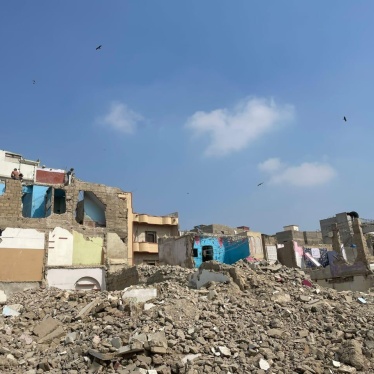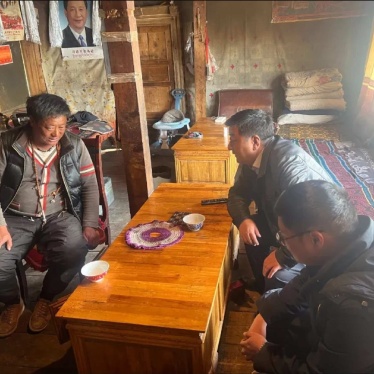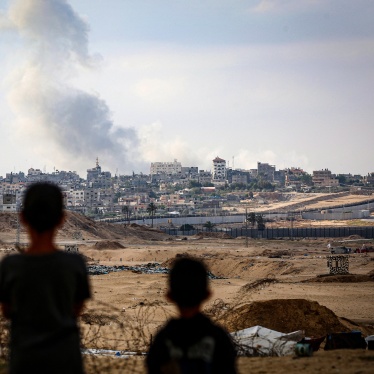Today’s inauguration of the new National Assembly is being heralded by many as a new dawn in Pakistan’s political history. A grand coalition of the country’s major political forces will assume government shortly and its stated agenda, as enunciated by Asif Zardari and Nawaz Sharif on March 9, has won national acclaim.
For now, the army appears to have opted for a strategic retreat from the political arena. Its former leader, President Pervez Musharraf, though characteristically unrepentant and unashamed, nevertheless stands humiliated and diminished. It is a rare moment of vindication for the country’s political class, its democrats and its highly mobilised civil society.
But history teaches us that this moment is as fleeting as it is special.
It would be naïve to assume that one general election that threw up a politically credible result despite a massively flawed process has transformed power relations in the country. Pakistan remains a praetorian state structured and geared to service, above all, the needs of a military that remains every bit as convinced as ever that Pakistan’s national interest is synonymous with its institutional priorities and the preservation of its position as the final arbiter of political power and patronage.
It is also important to remember the scale of the challenge faced by the government-in-waiting. Since Musharraf’s 1999 seizure of power, civilian space in Pakistan’s power structure has been systematically eroded. Musharraf’s vicious attacks on the country’s civilian institutions during the emergency actually mark only the latest blow in this process that began with the attempted criminalisation and de-legitimisation of the political class in 1999.
Consequently, we must not lose sight that this is a hopeful but precarious period of transition. Elected representatives will find themselves hemmed in at every turn, fearful of the military’s political resurgence and keen to keep it at bay through appeasement and accommodation. Civil society will remain under pressure. Reporting on army or ISI abuses will remain fraught and dangerous.A hyper-militarised dysfunctional state faced with a widespread security crisis cannot be reconfigured into a rights-respecting, law-abiding polity overnight. So the new government, so long as it acts in good faith, will need some time and space to sort out the mess it inherits.
The fragile coalition poised to assume governance faces unprecedented challenges. The intelligence apparatus has not just failed to successfully rig the 2008 election, it has manifestly failed to check the onslaught of terrorism that now spreads its tentacles from the tribal areas all the way into the very heart of Pakistan’s military and civilian establishment. The economy, kept afloat partially by artificially maintained low fuel prices, is on the brink of nosediving as Pakistan catches up with the global price of oil. And finally, a legal and constitutional mess entirely of Musharraf’s making, unless resolved, threatens to destabilise the new parliament in its infancy.
The question is whether Asif Zardari, Nawaz Sharif and their respective parties remain equal to the challenge. Will the surprisingly strong commitment to reform last? They have given themselves thirty days to deal with the issue of the ousted judiciary. This is a welcome self-imposed deadline.
Chief Justice Iftikhar Chaudhry’s freedom from incarceration and resumption of the post of Chief Justice and the restoration to office of the deposed judiciary should be non-negotiable. Only the modalities should be subject to debate and, preferably, culminate in a solution arrived at through a process of consensus-building rather than confrontation between stakeholders. That is a message Pakistanis must continue to send to Musharraf as long as he continues to cling on to presidential office, to his patrons in Washington and to Pakistan’s newly elected political leaders. There can be no meaningful rights-respecting rule of law in the absence of an independent judiciary. Zardari and Sharif, both having suffered at the hands of kangaroo courts and judicial witch-hunts, ought not to forget this.
But the government-in-waiting is not responsible for the disastrous consequences of the emergency. It was neither Zardari nor Sharif who ousted and jailed the Chief Justice. That responsibility lies squarely with the army then led by Gen Musharraf. And if Gen Kayani really means business when he says the army will support the elected government, he must clearly spell out to Musharraf that he cannot rely on the military to support any attempt by him to derail a mechanism for the restoration of the judiciary and judicial reform worked out by the National Assembly in consultation with legal experts and an attorney general representing the federal government rather than Musharraf.
Gen Kayani could cement democracy and strengthen governance by effecting yet one more paradigm shift: the army’s elaborate intelligence network should move away from subverting the will of the people and concentrate on keeping them safe and secure. While the intelligence infrastructure has concentrated on keeping Musharraf in and civilians out, the threat of terror has grown exponentially. Why the US thinks that Musharraf has been a success on this front is, of course, one of the great mysteries of our time.
Pakistan’s counter-terror policy needs to examine the threat this monster of our own making poses. Instead of appeasing the US through the despicable and failed cocktail of disappearances, torture, illegal detentions and beatings that passes for counter-terror policy, it is time that Pakistan starts confronting home-grown terrorism through legal means and political stratagem. The Bush administration opposes the return of Chaudhry in part because he confronted Musharraf and the ISI over these abuses. Compromise with the US on fundamental rights has to end but equally important is the army’s need to examine and resolve its own professional inadequacies and ideological contradictions.
The highs and lows of the last year have politicised hitherto indifferent sections of society and created a new impetus for democratisation. This is a welcome development. But a democratic polity is built neither by dictator’s decree nor Supreme Court rulings. Of course, the ouster of the dictator and the restoration of the Supreme Court judges that defied him are both symbolically important, but neither should be confused with democracy and the creation of a rights-respecting society.
Both take time, and there are no quick fixes. Cementing liberal democracy and democratic institution-building is a painfully slow and frustrating process. As the fraught life and tragic assassination of Benazir Bhutto continues to remind us, it can also be a bloody process that demands bravery and sacrifice.
Ali Dayan Hasan is South Asia researcher for Human Rights Watch.





